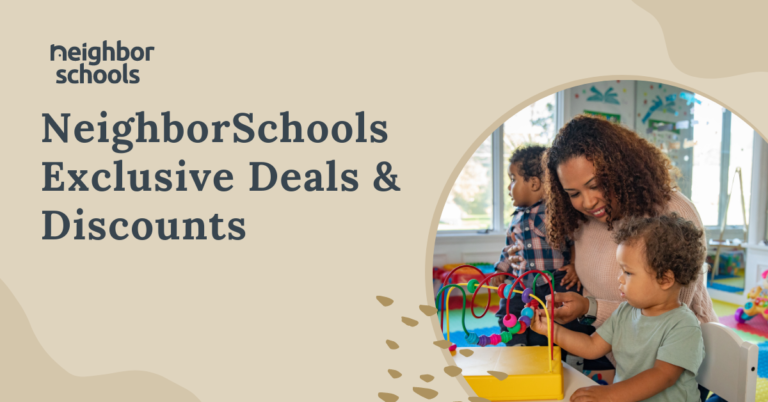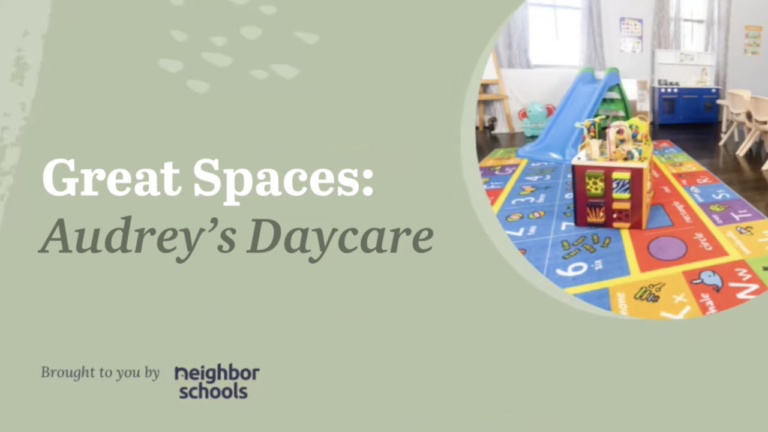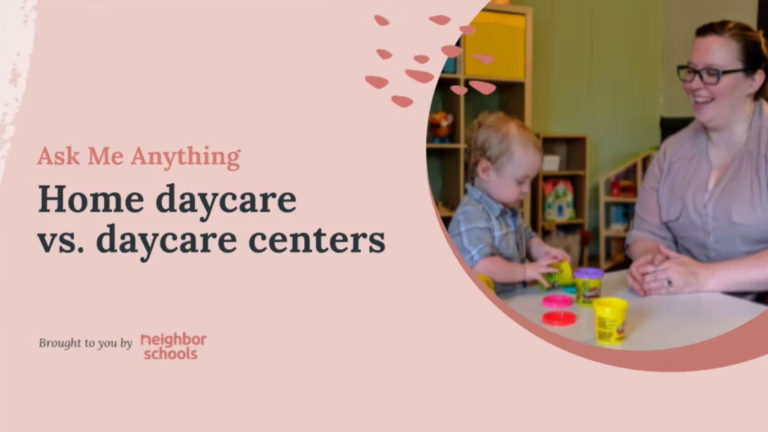This fall will be the first time many little ones will be away from home as they begin daycare. Other children will be returning to care after months away. This transition is difficult in “normal” times, but during the Covid-19 pandemic, kids at your daycare may need extra support to cope with separation anxiety and adjust to care in a group setting.
Effects of the Covid-19 Pandemic on Children and Their Development
Even if a family hasn’t experienced illness, many children have gone through challenges related to the pandemic. By understanding these, you can provide better support and solutions.
- Changes in routine and care: Children stopped going to daycare or school. Their parents’ routines may have changed as well, affecting how and when they were able to spend time together.
- Break in continuity of healthcare: Regular checkups with their pediatrician, dentist, or other provider may have been interrupted.
- Missed significant life events: Social events and milestones like birthday parties, family reunions, and other gatherings have been put on pause.
- Loss of security: Children may have experienced the effects of a parent’s unemployment, including food insecurity.
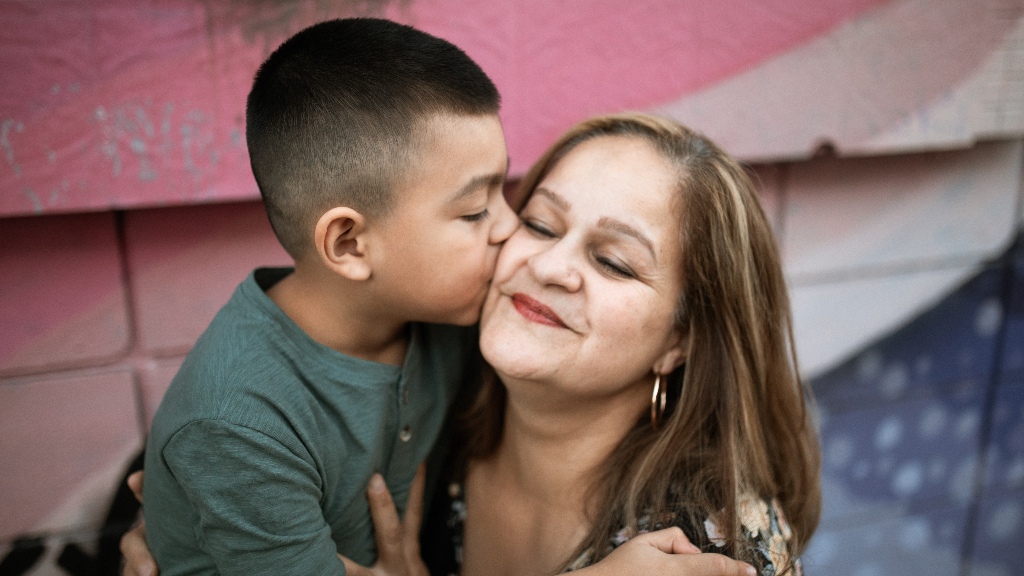

How Children Respond to Crisis: Signs to Look For
During trauma or stress, children may:
- Act fearful, clingy, or unusually afraid of being alone or separated from parents
- Express fears that a disaster isn’t over yet or will happen again
- Regress to behaviors they’ve outgrown, such as thumb-sucking, wetting their pants, using baby talk, or continually needing a comfort like a blanket
- Sleep fitfully, have nightmares, or be unable to fall asleep
- Recreate the crisis in their play, for example making their dolls or figurines stay apart or wanting them to wear masks
- Act out by aggressively hitting or kicking others
- Be withdrawn or not talk
Don’t Forget About Parents
A child’s response to stress is often a reflection of their parents. If the adults remain calm and reassuring, the child tends to be more resilient. As you welcome new children into your program, anything you can do to give their parents extra peace of mind will help make the transition to care happier and healthier.
Be sure to communicate well with parents. Reassure them that you’re doing everything you can to keep their little ones safe and to help them adapt to daycare. And let them know that it’s normal for this transition to be challenging for kids. You should also share specific plans that will help everyone stay healthy, like requiring hand washing at drop off and instituting a sick policy.
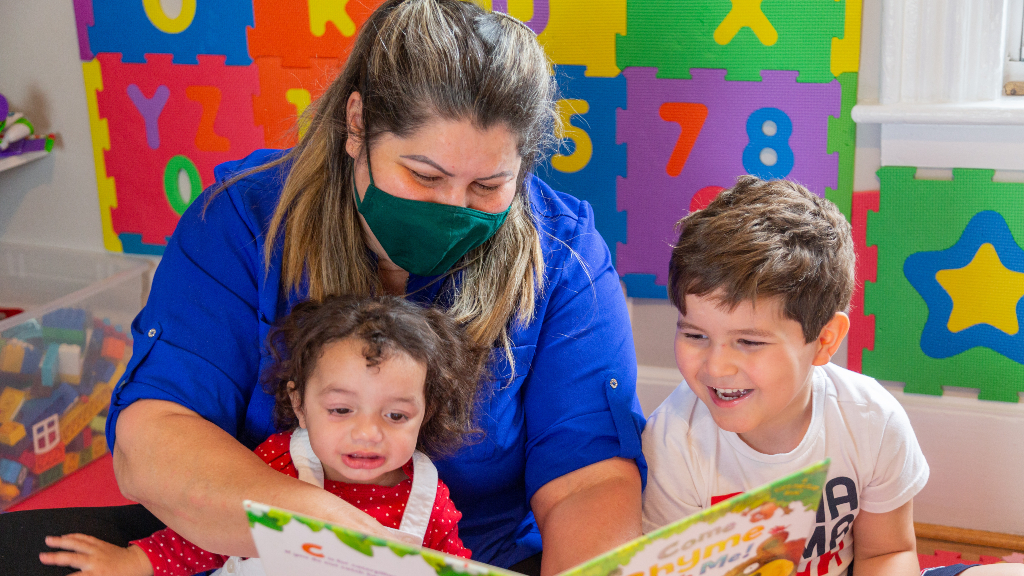

Ways to Help Children Adapt to Daycare
There are lots of hands-on strategies for supporting children who are coming to daycare for the first time or returning to care after months away during the pandemic.
- Invite families for a casual meetup before their first day. This allows the kids to get to know each other (and you) with their parents present. Choose a familiar location, like a local park.
- Be as flexible as possible during their first few weeks as they get to know the space and each other.
- Acknowledge their feelings about being apart from their families and other fears they’re experiencing.
- Invite them to bring family photos to daycare.
- Create a visual or photographic schedule so they know what to expect each day.
- If children need to leave care for quarantine, arrange a video check-in so they can stay connected to their friends at the program.
- Remain calm when addressing regressive behaviors.
- If children are having difficulty sleeping, sit next to them as they fall asleep. Let them know that you’ll be nearby while they’re resting.
- Allow the children to express their emotions or play out their situation through games and activities. Encourage them to see the positives, if possible, or to find solutions to whatever challenges they’re experiencing.
- Tell the other children that everything is OK so they don’t get worried or stressed as well. You can also recruit them to be good helpers and ambassadors by welcoming the new kids and making them feel more comfortable.
Books for Beginning Daycare or School
You can use stories to help children cope with separation anxiety and other challenges of starting daycare. There are also a few great kids’ books that support the healthy expression of emotions and better understanding of the pandemic.
Tip: Share this list with parents. It can be a great resource for them and help you work as a team.
Books for the transition to school or care:
Covid-19-related children’s books:



